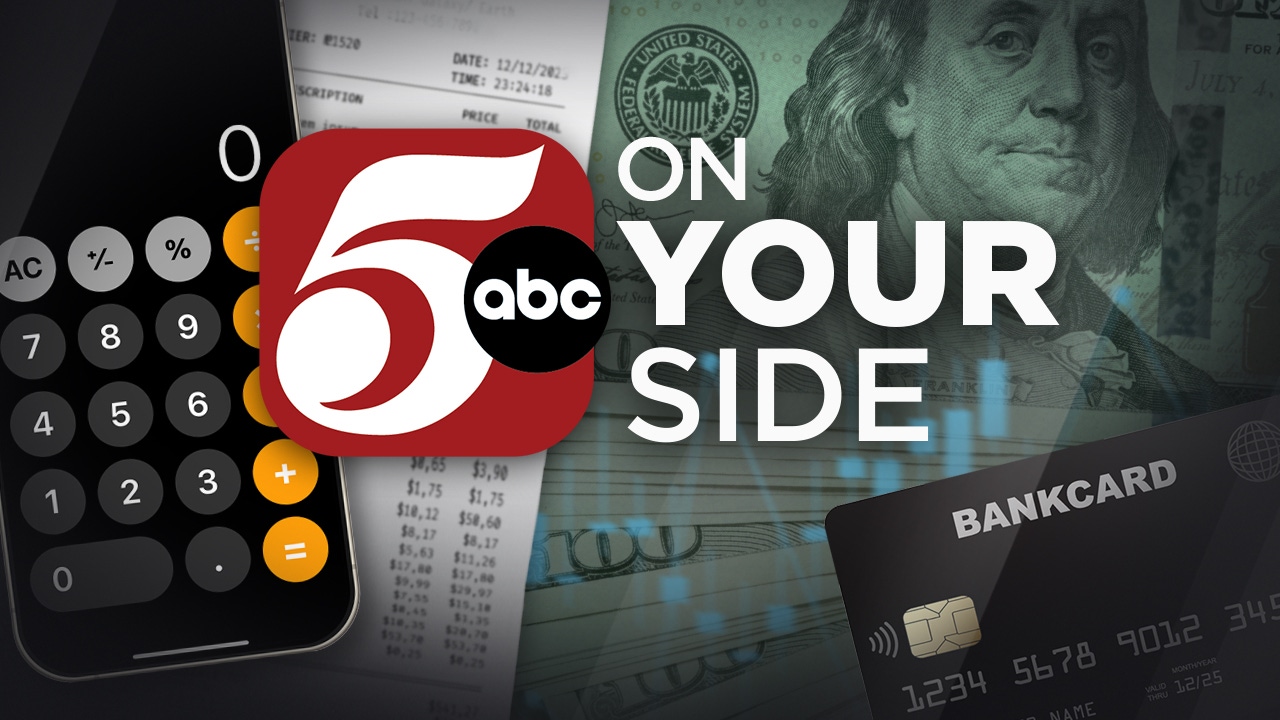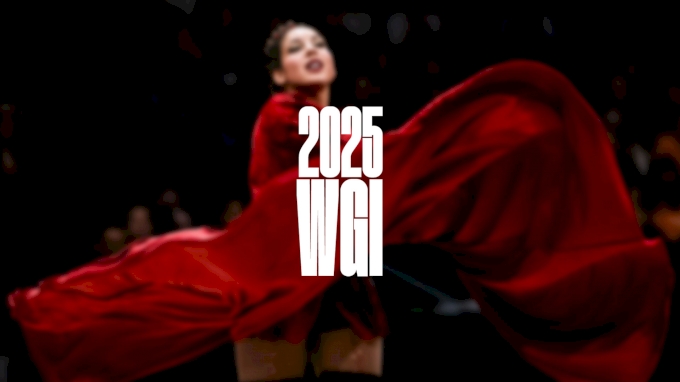Economists in Wells Fargo’s 2024 Holiday Sales Outlook have predicted that the holiday sales season will be weaker than last year, rising just over 3% in November and December compared with the same time in 2023.
The forecast for the holiday sales season is decent overall from a historical perspective but is still the lowest it’s been since the start of the COVID-19 pandemic, said Shannon Grein, a Wells Fargo economist.
While momentum for spending remains intact for households, Grein said, many are still “price-sensitive.”
“There are areas of inflation, like food, gas—these key components or key portions of the nondiscretionary budget—that have outpaced inflation and then have outpaced wages,” she said. “So I think that’s eating into the ability for households to keep spending at such a robust clip that they have in recent years.”
Holiday sales were up nearly 3% as of October, to be on track with Wells Fargo’s predictions, Grein said. And though the projected annual growth may be the slowest it’s been in four years, she emphasized that it’s consistent with pre-pandemic averages and does not necessarily bode ill for retailers or overall spending.
The spending pace is normalizing following the pandemic era of excess savings, easy access to relatively cheap credit and more, Grein said. That normalization is somewhat needed, she added, and consistent with the purchasing power that households have today.
“The economy and the United States is still feeling those effects of the pandemic,” she said. “So just another, normal holiday season is something I think a lot of households are looking forward to, and a big portion of that is the gift-giving side.”
Sales activity like discounts on key gifts or purchases could be helpful for consumers, Grein said.
Marla Stafford, a professor of marketing at UNLV’s Lee Business School, said she believes consumers are optimistic about spending this holiday season, but their priority is “value.” That means it’s up to the retailers to offer good sales and promotions, she said.
“They need to be prepared for customers looking for good value,” Stafford said. “They’re not just going to spend, spend, spend. They are going to spend, but they’re going to spend with care and making sure they’re getting the right thing for the right price. And so the retailers need to be prepared for that.”
In addition to economic uncertainty following COVID-19 and inflation, Stafford said the general election in early November is also likely to have affected holiday sales—not just because people may have waited to start their shopping until it was over but also because it dominates advertising, which has a direct impact on sales.
“Advertising for holiday sales is very, very big,” she said. “But during election season, and especially the build-up to the election … you didn’t see as much, because it’s election season. You saw the political advertising.”
Retailers wait all year for the holiday season, Stafford said, which typically begins on or following Black Friday.
While the holiday sales season substantiates a major portion of annual sales growth for retailers and is considered their most important time of the year, Grein emphasized that households appear to now be spending more over the course of the entire year, rather than waiting for November and December.
“So it’s still the most important time of the year, but the importance that it once had has faded,” she said. “And we just attribute that to the ease of making purchases and households making disjointed purchases over time—just not waiting for the holiday time to make that purchase … but rather, purchasing earlier, or just spending more in general, which has driven spending earlier each year.”
Click HERE to subscribe for free to Vegas Inc’s BizClick newsletter. Stay up to date with the latest business news in Las Vegas sent directly to your inbox each Monday.







.jpeg)



